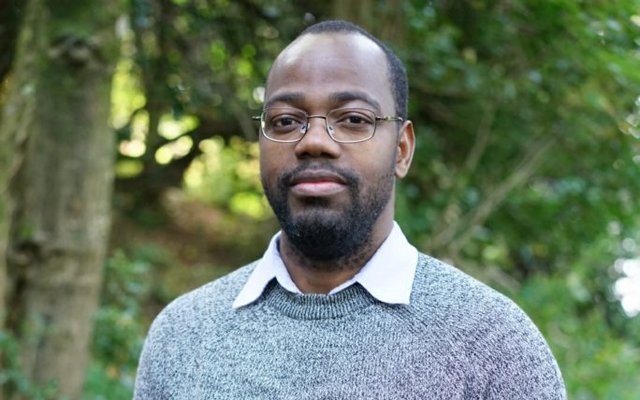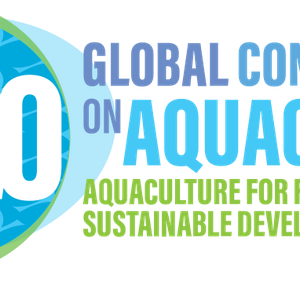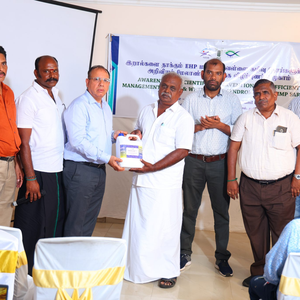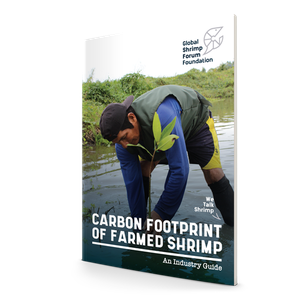University of Stirling postdoctoral researcher, Simão Zacarias is the recipient of this year’s eighth annual Global Aquaculture Innovation Award. Zacarias edged out two other finalists — Pablo Berner of Nuseed and Mark Luecke of Prairie AquaTech — to win the competition. All three finalists were featured in GAA’s Global Aquaculture Advocate in September and presented at GAA’s GOAL 2020 conference, held virtually for the first time this year. Of the 800 attendees who actively participated in GOAL 2020, about 200 voted.
Zacarias’ work focused on the common shrimp-hatchery practice of unilateral eyestalk ablation. His research debunked the notion that the practice results in higher egg production and showed that it escalates disease vulnerability. Zacarias proved in laboratory testing that post-larvae and juveniles from non-ablated Pacific white shrimp broodstock showed higher survival rates when they were challenged with two key diseases. He also proved that a similar egg production rate can be attained without resorting to eyestalk ablation by giving broodstock, in their pre-maturation stage, high quality, nutritious feed.
“This year’s innovation award is a heartwarming example that breakthroughs can be driven by a single dedicated student enabled by the right collaborative opportunity. Our hats go off to Dr. Simão Zacharias for his life-changing decision to venture far from Mozambique and persevere in his goals, to David Little of the University of Stirling who opened the doors and showed him the way, and to the commercial collaborators at Sea Joy in Honduras and Benchmark in Thailand, who welcomed him to use their tools,” said GAA president and founder, George Chamberlain, one of five judges for the competition.
“It is an honor to win this prestigious award, mainly as the first African to get it. This award reminds me to never give up on chasing my dreams even when they seem impossible,” said Zacharias. “I also think that this award is a direct message to the shrimp and aquaculture industry as a whole to keep adopting stronger animal welfare practices.”













